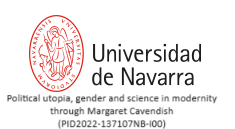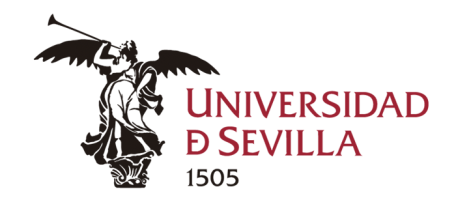"Absence and death are much alike" FAME by Margaret Cavendish
We will be waiting for you in Canada in 2026!
Venue
The University of Seville, founded in 1551, is one of the leading institutions of Spain’s higher education system.
Located in the downtown area, the University’s main building is bordered by the Maria Luisa Park and the Guadalquivir River. This building, the completely remodeled historic Tobacco Factory, houses the Schools of Philology, Geography and History, and the main administrative offices. It is an imposing 18th Century building immortalized by Bizet’s opera “Carmen” and by 19th Century travellers in search of Romantic Spain.
More info: https://filologia.us.es/
More on Seville: This is Edmondo de Amicis’s experience translated by Stanley Rhoads Varnall (1895): https://www.gutenberg.org/files/50727/50727-h/50727-h.htm#SEVILLE
Board
Board and Scientific Committee:
Delilah Bermudez Brataas (NTNU)
Anne M. Thell (University of Singapore)
Juan Antonio Prieto Pablos (US)
Organization and Scientific Committee:
Ana Luisa Martín Bejarano (Dpto. Filología Inglesa: Literatura Inglesa y Norteamericana, US)
Maria Antònia Martí Escayol (UAB)
Julia Urabayen (Universidad de Navarra)
Victoria Priscila Echegaray Mitar (US)
Eneas Caro (US)
Sergio Marín Conejo (US)
Supported by





